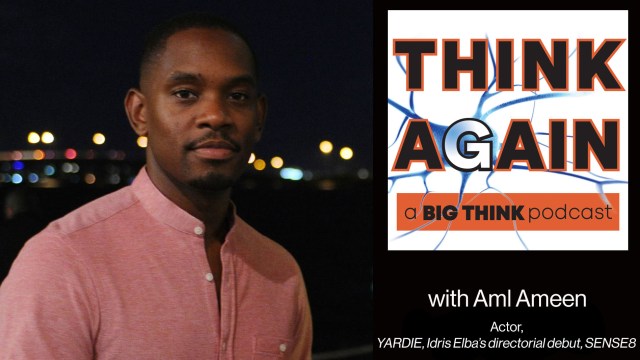Yale: White liberals dumb down speech when talking to minorities

Pixabay
- The study examined how Democratic and Republican presidential candidates used language when speaking to black and white audiences.
- A second study focused on how white people use language in emails to strangers with stereotypically white or black names.
- The lead researcher called the findings “kind of an unpleasant surprise.”
White liberals are more likely to use dumbed-down language in conversations with racial minorities, suggests a study recently published in theJournal of Personality and Social Psychology.
It’s some of the first research to explore how seemingly well-intentioned white people try to get along with racial minorities, and the findings were “kind of an unpleasant surprise” to lead researcher Cydney Dupree, assistant professor of organizational behavior at Yale School of Management.
“Even if it’s ultimately well-intentioned, it could be seen as patronizing,” Dupree told Yale Insights.
Dupree and her co-author, Susan Fiske of Princeton University, first analyzed the language used by white presidential candidates during 74 campaign speeches over a 25-year period. The settings of these speeches included, for example, a Hispanic small business roundtable discussion and a black church. The researchers analyzed the words candidates used along two metrics: competence and warmth.
In the study, competence referred to words related to status, dominance, skill, intelligence and social hierarchy, while warmth referred to words connoting ideas of trustworthiness, support, compassion, and friendliness.
The results showed Democratic candidates used fewer words related to competence when speaking to minority audiences than they did to mostly white audiences. Meanwhile, the speeches of conservative candidates showed no significant difference — though the researchers noted it was harder to find examples of conservatives addressing minority crowds.
In a separate series of experiments, the researchers asked white participants to select words from a list to draft a hypothetical email to a stranger. Each recipient had been given a stereotypically white or black name — such as “Emily” or “Lakisha” — and the researchers had ranked each word on the list for competence and warmth.
The results showed that participants who self-reported liberal views tended to avoid words that could make them look competent when addressing the black recipients, but not white recipients. Again, conservatives showed no significant difference in the language they used to white and black recipients.
A ‘competence downshift’
What explains this “competence downshift,” as the researchers call it? Dupree suggested two possibilities to Yale Insights: people often downplay their intelligence or competence to appear more likable to strangers, but they also might be “using common stereotypes in an effort to get along,” she said.
Dupree said she hopes to continue studying how these interactions play out in the workplace, and how this “competence downshift” from seemingly well-intentioned white liberals is perceived by black people.
“There’s a lot of research focused on biased individuals and how holding bias, especially implicit bias, can influence social interactions,” Dupree told Yale Insights. “But that leaves a lot of people out. My hope is that this work will help include well-intentioned people who see themselves as allies but who may be unwittingly contributing to group divides. There is a broader need to include them in the conversation.”
Where does socioeconomic class come into play?
The study raises another question worth asking: Would white liberals change their language during interactions with other white people who are — either in reality or perception — of a lower socioeconomic class? How much of the competence downshift can be explained by bias related to race versus bias related to (perceived or real) socioeconomic class?





